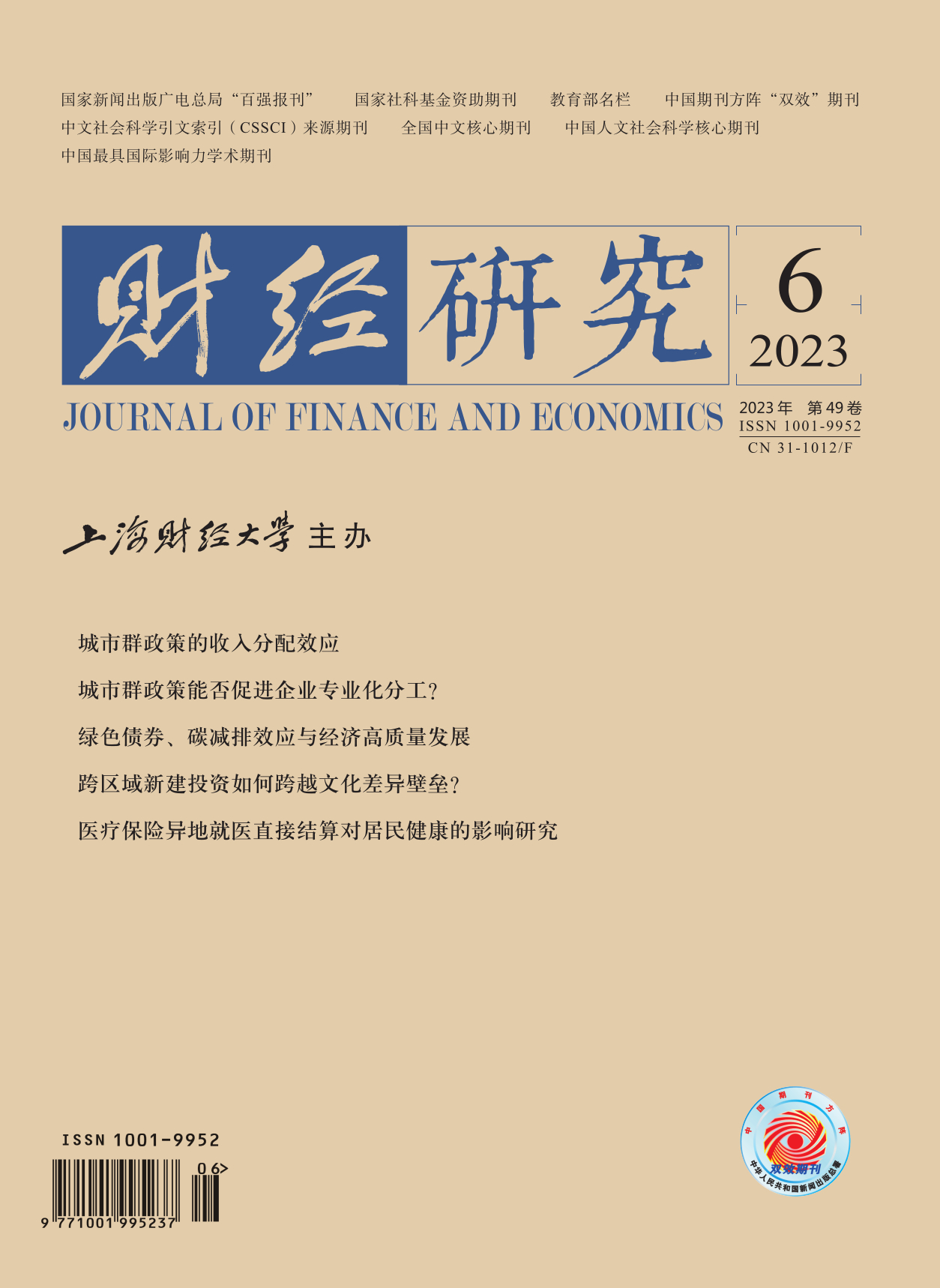Based on the background of promoting urbanization and common prosperity in high-quality development, this paper investigates the impact of city clusters, the main form of urbanization and an important power source for high-quality development, on the labor income share. This paper finds that city cluster policies can significantly increase the labor income share, indicating that city cluster policies can help employees better share the achievements of firms, and promote the realization of the goal of common prosperity in high-quality development. Further evidence shows that: (1) Strengthening fair market competition to reduce monopoly profits of firms, alleviating excessive capital investment under government intervention, and improving R&D intensity are important channels through which city cluster policies increase the labor income share. (2) The positive relation between city cluster policies and labor income share is stronger if the firm faces a high level of administrative monopoly, the level of government intervention is high, and the complementary effect between labor and physical capital is high. (3) City cluster policies only have a significant positive effect on the labor income share of non-managers, and reduce the pay gap within firms. (4) The labor income share in both central and non-central cities included in city cluster policies has been significantly increased, and city cluster policies have no significant spillover effect, eliminating the interference of “siphon effect”.
Overall, this study contributes to the literature on determinants of labor income share, economic consequences of city cluster policies and policy implications. First, it enriches the literature on the determinants of labor income share by verifying that city cluster policies are one of the important factors that affect the labor income share. Second, it extends the literature on the economic consequences of city cluster policies by correlating it with a vital dimension of corporate income distribution decision, namely, corporate labor income share. Third, under the background that the central government proposes to build “a unified national market”, it also has important policy implications for how to make more visible and substantial progress in promoting the common prosperity of people in the process of high-quality development.





 6757
6757  3911
3911

